In the last three years, we have announced our “15 Over 50” salute. However, again this year, the nominees have been so deserving that we expanded the group to include more in our salute — while retaining the “15 Over 50” moniker. We were excited about our robust response and our saluting stellar individuals.
They range in age from 50 to 80. Some have spent most of their career in news with one organization, and others have progressed through several positions across organizations. They represent traditional legacy media, digital new media, broadcast and public media organizations — small and large.
The 22 news media professionals you’ll meet were nominated for their strong leadership skills, transformational mindsets, commitment to journalistic and publishing excellence and ability to lead during challenging times. They are hopeful about the future and proud to be part of guiding the next generation forward. We know their passion for this industry will shine through their profiles.
(In alphabetical order by last name)
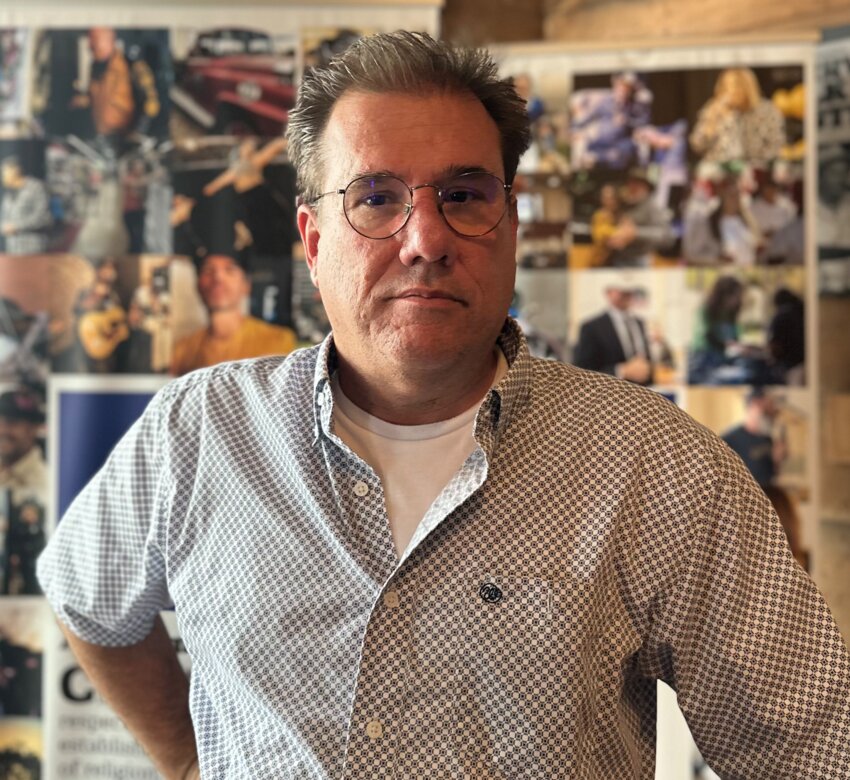
Louis Amestoy
Editor, Publisher and Founder, The Kerr County Lead, Kerrville, Texas
First job in news:
I was a sports reporter at The Record-Gazette in Banning, California.
What are some of the most important lessons you have learned while working in news?
Ignore the idiots; chart your own path.
When you reflect on your career to date, what brings you the greatest sense of accomplishment?
The Kerr County Lead. I started this with funding from Meta and was grateful when they bailed. We’ve been in the right direction ever since. I don’t think I could have done this until I turned 50 because I had the insight to chart my own path.
What are your predictions for where news publishing/news media is heading?
There’s no question that we’re headed for a difficult way forward without some assistance — either tax breaks or foundational investment. However, I firmly believe that much of my success is rooted in the basics of frequency, engagement and leadership in my community. To me, those are all hallmarks of a successful news operation.

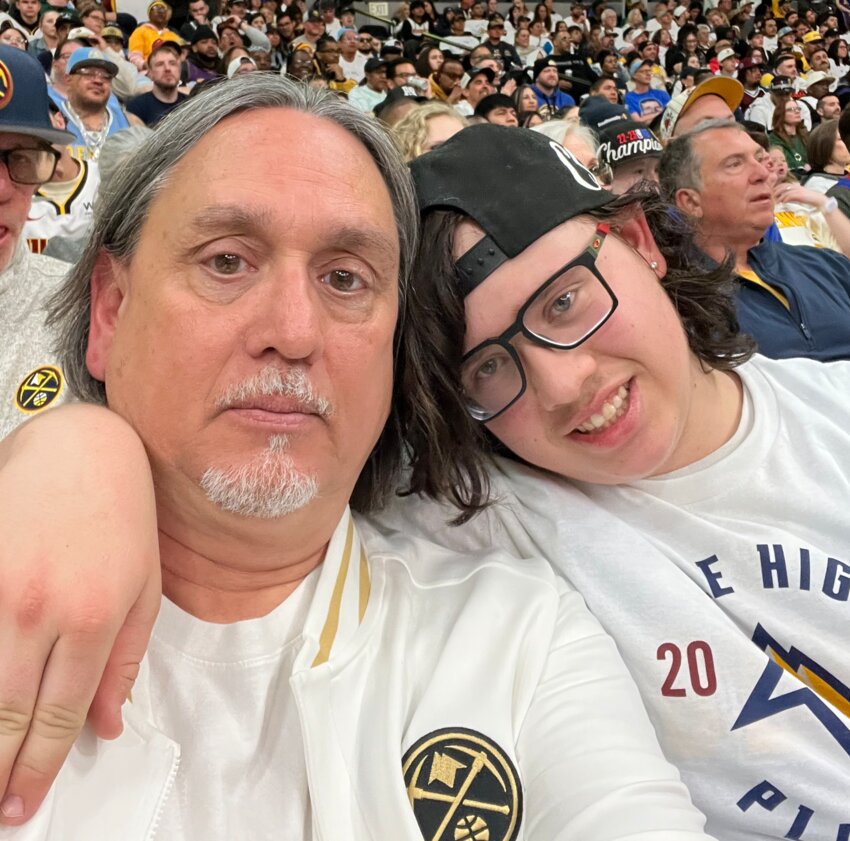
L. Lee Bachlet
Chief Operating Officer, CherryRoad Media (I work out of my home office in Pueblo, CO, but we are headquartered in Parsippany, NJ, and have 80+ operations in 18 states and growing.)
First job in news: I was a carrier in my hometown of Cheyenne, WY, in 1976. My mom and her best friend was the high school yearbook and newspaper advisor (respectively), and I worked on those pubs for them throughout my school years. I founded a paper for my junior high, edited my high school paper for two years and did stringer work for the local papers during high school. My first full-time gig was as the sports editor for the Wyoming State Tribune, an afternoon paper in Cheyenne.
What are some of the most important lessons you have learned while working in news?
What we do matters. When we do it well, we make a difference in communities and the lives of people we serve. We have impact. We must keep that in mind and ensure our impact is positive. When we disappear, communities suffer because what we do matters. This is not a job; it’s a calling. I will always newspaper, because I believe so strongly in the importance of what we do.
When you reflect on your career to date, what brings you the greatest sense of accomplishment?
For many years, I thought my career goal was to run my own metro shop — be the VP of advertising in a big metro paper. I got to do that a few times, but that wasn’t it. What I do today is so much more satisfying. I work in tiny little communities, with tiny little papers, all over the country. We work to keep those papers, and papers like them, sustainable. We work to continue to serve communities that would be without a local news source if we weren’t there. We open papers in communities that have lost their local news source. Are these little papers in these small, rural communities as sexy as the big papers I have helped run? No, but they matter deeply to those communities and their people. That is satisfying and gives me a sense of accomplishment. I feel lucky to be this — newspapering — and fortunate to be able to do what I do in our industry. I feel we are making a difference in our communities and industry, which gives me a sense of accomplishment.
What are your predictions for where news publishing/news media is heading?
The need for quality, local journalism will not go away. You can’t get that on social media community pages. You get that from professionals — from us. Do we need to meet our consumers where they are? Of course. Those who don’t do that successfully will continue to wither. But our role is not going to disappear. We must get smarter and continue to evolve with our consumers. If we do so, we can still enjoy a long run.

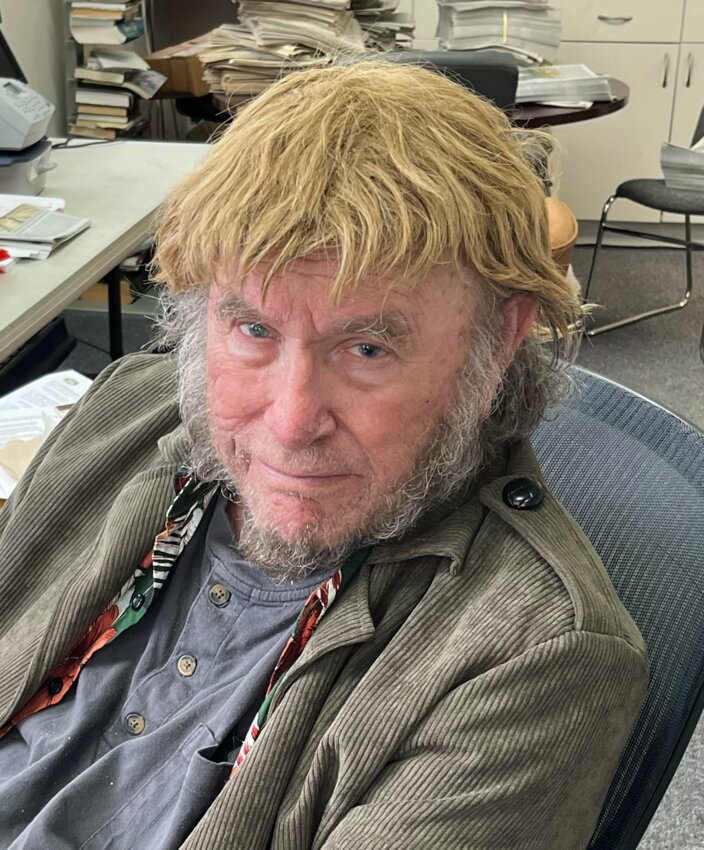
Nicholas F. Benton
Founder, Owner and Editor, Falls Church News-Press, Falls Church, Virginia
First job in news:
I founded my own newspaper, The Benton Star, at age seven. My first paying job as a writer, at age 14, was for my hometown paper, the Santa Barbara News-Press.
What are some of the most important lessons you have learned while working in news?
I’ve often said that either I was born with printer’s ink in my veins, or I just have never grown up — or both. The key lesson is that a journalist or newspaperman work for their readers and the truth — not for themselves. You must be willing to be “unpopular” or “not one of the gang” in order to do the job.
When you reflect on your career to date, what brings you the greatest sense of accomplishment?
All of it [has brought a sense of accomplishment], but, in particular, having an impact on a community.
What are your predictions for where news publishing/news media is heading?
Not in a good direction. When I was growing up, the major network nightly news did not permit advertising to confirm its independence. That says it all. I am also troubled by the loss of print journalism in favor of digital. I do not think online sources contribute to the sense of community engagement that a real print newspaper does. It has been proven that people don’t retain information they read online nearly as well as when they read something in print.

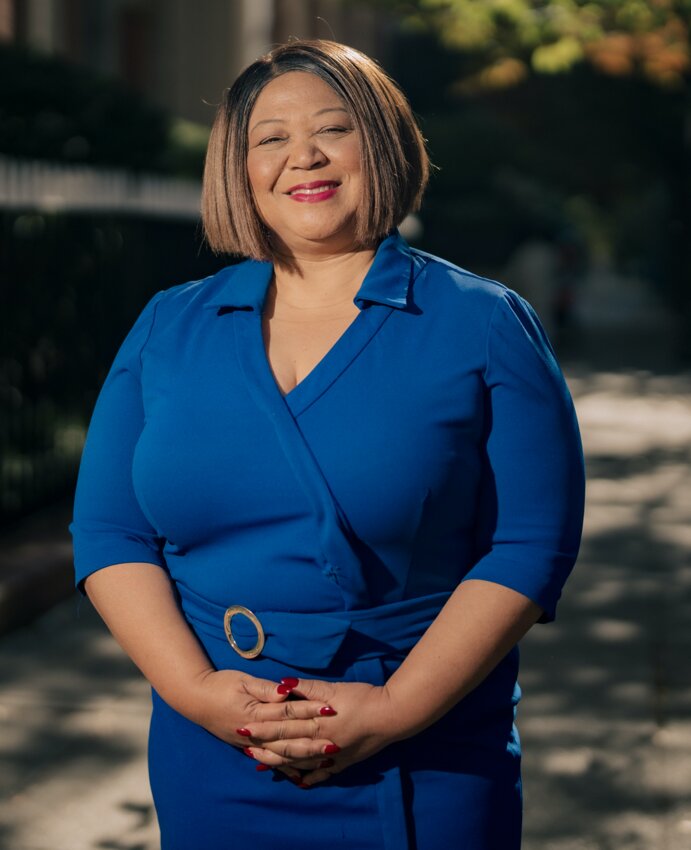
Sandra Clark
CEO, StoryCorps, Brooklyn, New York
First job in news:
Copy editor at the Philadelphia Inquirer
What are some of the most important lessons you have learned while working in news?
If we are going to shine a lens on the world, we must continuously do the work of keeping ours clear. That takes humility and courage, constant curiosity, not following the pack, talking to those who aren’t seen, and honestly addressing when we’re part of the problem and not the solution. We also need to make room in our coverage for hope and humanity.
When you reflect on your career to date, what brings you the greatest sense of accomplishment?
Creating community-inclusive programs and practices that helped traditional newsrooms break through barriers to progress. Also, mentoring and advancing journalists and others who didn’t always see their gifts.
What are your predictions for where news publishing/news media is heading?
Media will continue to evolve and not be bound by old business models and traditional ways of thinking and delivery. I love that startups, some established entities and the next generation are expanding what it really means to serve communities — not just as protectors from evil but as builders together.

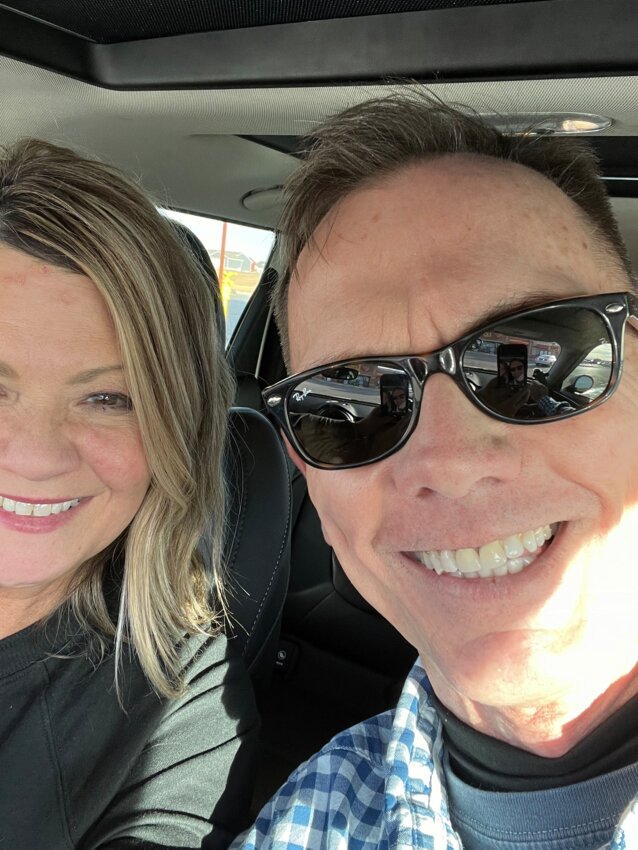
Jeff Hartley
Publisher, The Capital Journal and Digital Sales Lead, Wick Communications, Pierre, South Dakota
First job in news:
District Manager at the Pensacola News Journal (my hometown newspaper)
What are some of the most important lessons you have learned while working in news?
There have been so many, but the one that stands out is you can’t be afraid of change. I’m sure that’s one shared by many. The pace of change, however, has accelerated tremendously. This rate of acceleration has made many of our newspaper leaders very uncomfortable, and that’s understandable but doesn’t change the fact that it is happening. We must learn to embrace the change and its pace as much as possible. This will require us to let go of some of the legacy ways we look at traditional news and sales and move forward.
When you reflect on your career to date, what brings you the greatest sense of accomplishment?
There are several. I was fortunate enough to be one of the leaders in the paywall/digital subscription initiative for the industry and a newspaper company years ago. The second would be what I’m doing now. I’m working with our sales team to accelerate digital advertising sales across all our markets and seeing progress. I can’t leave this question without noting two other accomplishments. The friends I’ve made in the industry and that my wife has moved many times with me for different career opportunities and is still around. I’m not sure if she’s crazy or if I am.
What are your predictions for where news publishing/news media is heading?
In my opinion, publishing and news media will continue to evolve and eventually transition to a digital-only news and sales operation. It isn’t clear when that will happen, but we need to prepare for it by embracing digital solutions for news and advertising. We’re going to be here; the platforms will just change.

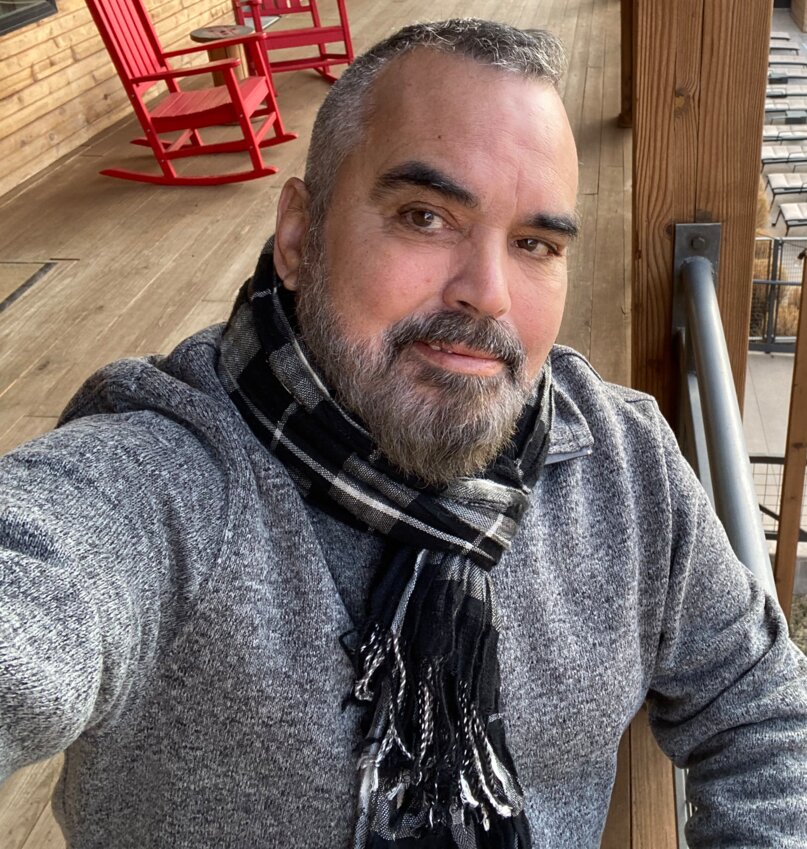
Jesús Hernández Henríquez
Managing Editor, DIARIO LAS AMÉRICAS, Miami, Florida
First job in the news:
Arts and local news reporter
What are some of the most important lessons you have learned while working in news?
In today’s evolving media landscape, journalists face many challenges. From identifying fake news and reinforcing trust to handling digital transformation and providing financial capability, journalists must adjust and find innovative solutions. We must also adapt and uphold ethical standards — principles of truthfulness, accuracy, fact-based communications, independence, objectivity, impartiality, fairness, respect for others and public accountability.
When you reflect on your career to date, what brings you the greatest sense of accomplishment?
Being objective and demonstrating good communication skills is fulfilling, whether in the arts, humanity, politics, or international conflicts, here at home or abroad, as in the Middle East. We must never forget the main principles we learned in journalism school — sharp writing abilities and no room for biases.
What are your predictions for where news publishing/news media is heading?
Journalism will prevail, but transformation, reinvention and more objectivity are needed to overcome adversity and new technology. Today, readers still know the difference between good journalism and cheap content.

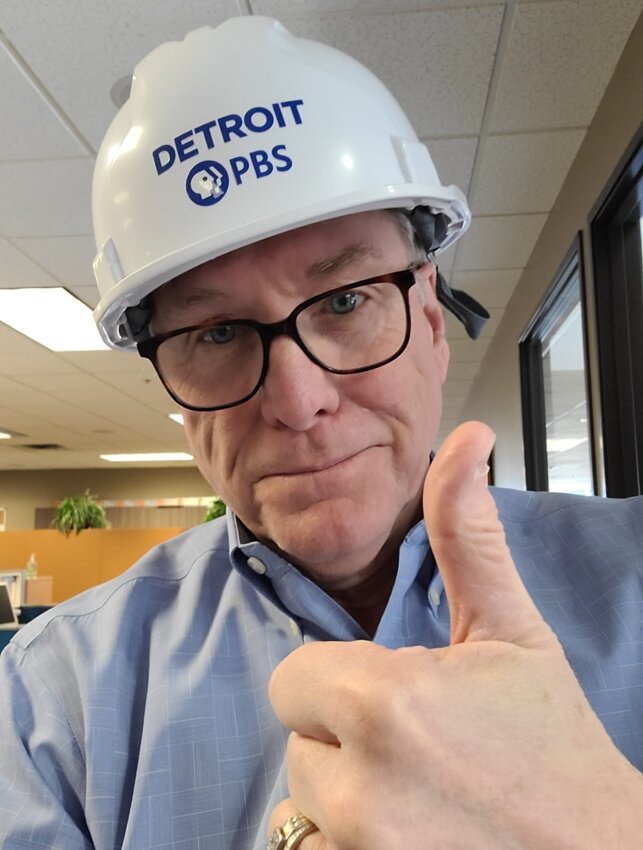
Rich Homberg
President and CEO, Detroit PBS (Service TMICIA — The Most Important City in America), Detroit
First job in news:
Gofer for NBC on July 4, 1976, at the Bicentennial in Philadelphia. My first real job was in programming at WMCA/Straus Communications in New York City. Two years later, I went to work at 1010 WINS for Westinghouse. These two organizations taught me the importance of local broadcasting and our service to communities.
What are some of the most important lessons you have learned while working in news?
Five lessons I have learned and share often:
When you reflect on your career to date, what brings you the greatest sense of accomplishment?
I love being part of the team at Detroit PBS, a group that has become a true partner to TMICIA (The Most Important City in America). It feels like I spent my entire career getting ready to work with these great people.
What are your predictions for where news publishing/news media is heading?
Cities will need a hub organization that works with journalism partners of all shapes and sizes, created with an eye toward the Collective Impact Model. PBS stations can be the hub organization in cities across the country. We must embrace this role. As a sustainable, locally owned, nonprofit, PBS stations have massive audiences, trusted relationships with communities, ongoing content streams, incredible archives and an infrastructure that can fuel and partner with journalists across our cities. Our production capabilities, development strength, financial systems and membership platforms uniquely position us to create a sustainable core for journalists and community partners.

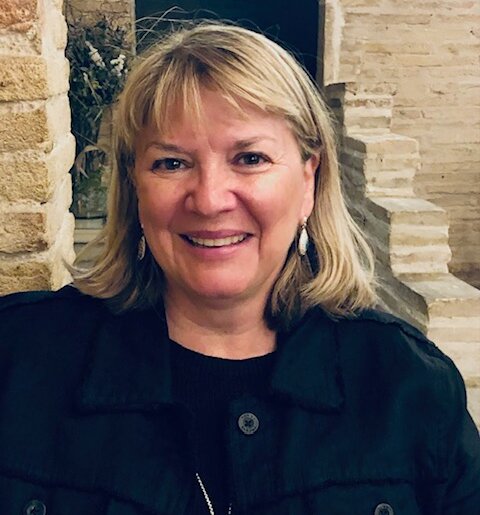
Nancy Lane
Co-CEO, Local Media Association/Local Media Foundation, a virtual organization with employees in more than 10 states
First job in news:
Advertising sales rep at the News of Delaware County
What are some of the most important lessons you have learned while working in news?
Three come to mind:
What are your predictions for where news publishing/news media is heading?
We focus on the following core pillars: journalism funded by philanthropy, reader revenue, branded content and events. This applies across the board, no matter the media type, size or tax status. Companies that excel in these four areas will survive and thrive.
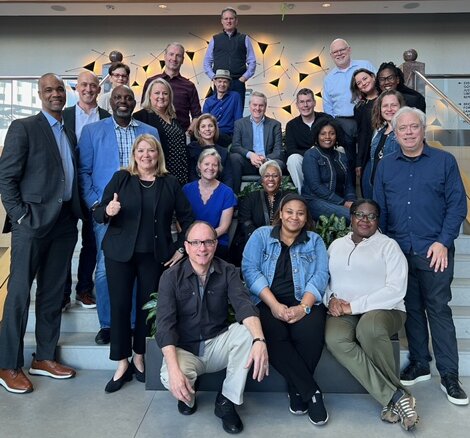
When you reflect on your career to date, what brings you the greatest sense of accomplishment?
I became publisher of a suburban daily newspaper shortly after I turned 27 years old. Over the next six to seven years, I ran a broad mix of newspaper companies — including some as large as $50 million. This provided me with an unbelievable experience that continues to serve me well. In 2000, I gave up the for-profit, publicly traded world to run the scrappy nonprofit SNA (now LMA). It was just me with two part-timers. Today, we have over 15 employees and a budget of over $9 million. I never looked back. Purpose-driven work is the most rewarding. More recently, I have been incredibly proud to be part of Word In Black as a shareholder, secretary of the board, and manager. It's the most exciting initiative of my career. Working with the 10 WIB publishers is a joy, every day. They get it. It’s a rare thing in our industry.

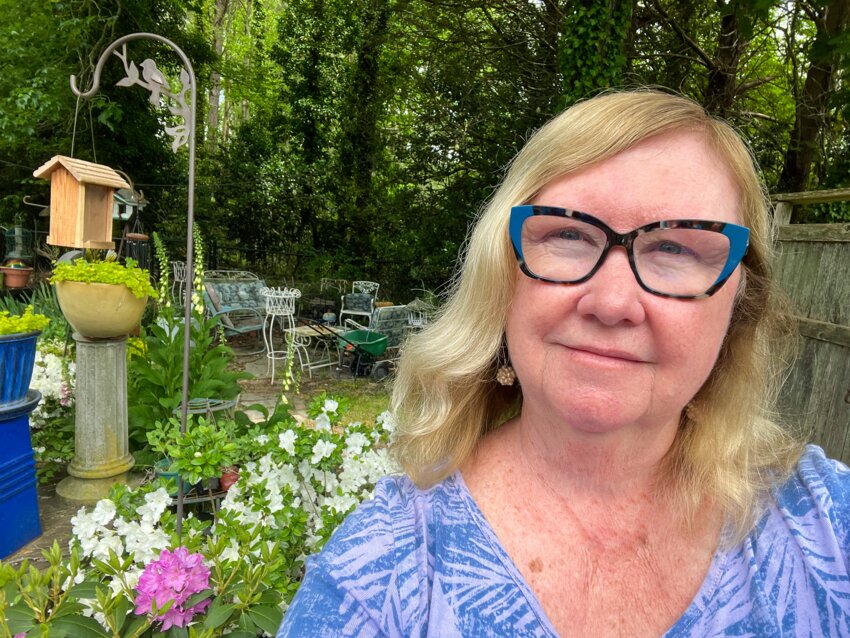
Susan Lyons
Publisher, Coastal Point, Ocean View, Delaware
First job in news:
I was a sales representative at the Delaware Coast Press and Delaware Beachcomber in Rehoboth Beach, Delaware.
What are some of the most important lessons you have learned while working in news?
Be a good listener, have confidence in yourself and hire people who are smarter than you. I think the most important lesson is that you can learn something from every person you meet. I don’t care if it’s the custodian or the president. You can learn something valuable from them.
When you reflect on your career to date, what brings you the greatest sense of accomplishment?
I got to be a part of starting, not one, but two community newspapers in my hometown.
What are your predictions for where news publishing/news media is heading?
This is not rocket science, even though we try to paint it as such. People have been doing this for years: cover the story, write the story and print the story. We did this job without all of this advanced technology for years, and we really have to go back to the basics and stop making it so difficult. Technology is great, and it has helped us out a lot. However, it has to be used as a tool — not the entirety of our work. Where is it going? That’s entirely up to us and how we conduct our business going forward.

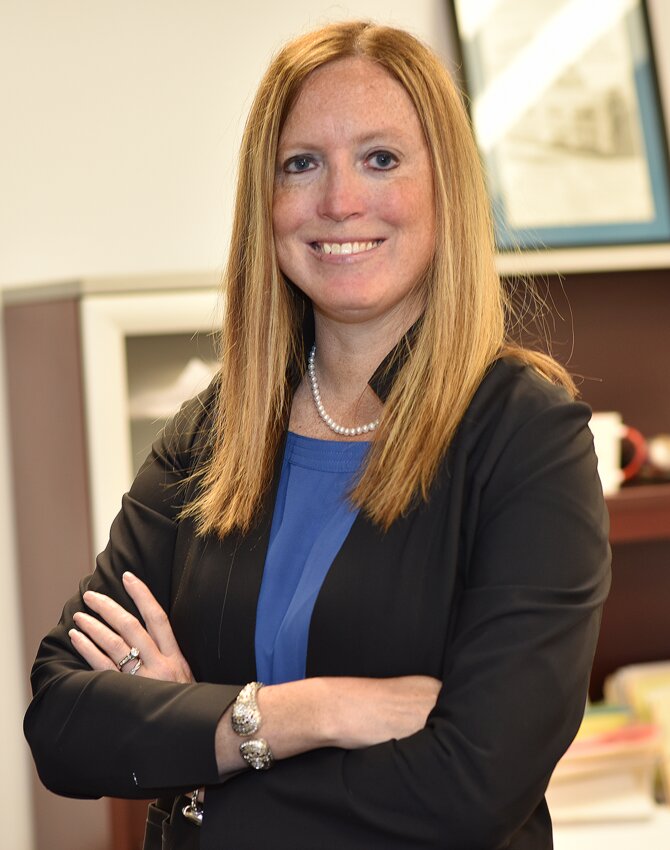
Kerry Miscavage
Publisher, Times Leader Media Group, Wilkes-Barre, Pennsylvania
First job in news:
Advertising Assistant
What are some of the most important lessons you have learned while working in news?
Staying positive and having an overall pleasant demeanor will get you through any situation. I haven't always been able to hold to that, but I try very hard! Listening is always more important than talking. You'll always have time to say what you need to say. You don't have to be the one in the room who talks the most or the loudest. Don’t be afraid to try something even if the outcome is negative or failure.
When you reflect on your career to date, what brings you the greatest sense of accomplishment?
Being promoted to publisher — the first female publisher — was the best sense of accomplishment to date. In the early days, almost 30 years ago, I never would have thought it was possible. I’ve been fortunate to have many female and male role models in this industry.
Today, I am grateful for the team we have in place: Marc Couchot, Operations Director; Joe Soprano, Executive Editor; Diane McGee, Advertising Director; Tom Suchoski, Production Director; and the entire Times Leader team. They produce the best quality work possible in the community every day, seven days a week and sometimes around the clock. That’s our legacy, and we're going to keep doing it.
What are your predictions for where news publishing/news media is heading?
The news industry has been evolving since the day I started. Is it harder today? Sure, but we're making it happen. The challenge is what makes coming to work every day so much fun. What will we do today that will benefit our community, our advertisers and our partners? As long as we answer that question, there is nothing we can't do to support this community and vice versa.

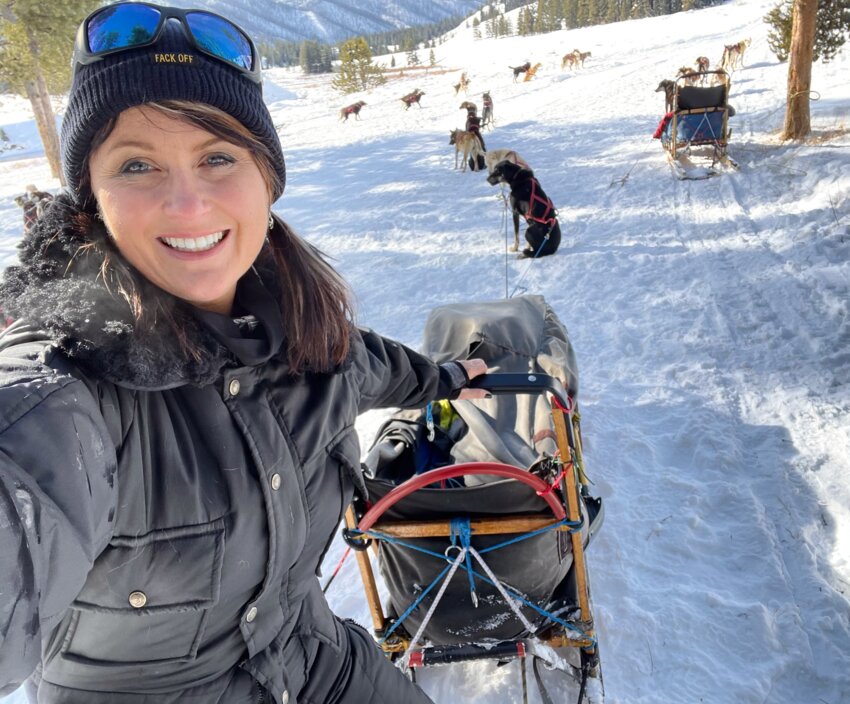
Bonita Miyagi
Executive Editor, The Villages Daily Sun, The Villages, Florida
First job in news:
I created my first newspaper at age 8, got a paper route at age 10 and put myself through college by editing the university paper while interning as an obituary writer at the community daily. I was a cops & government reporter, wire editor and page designer in rural, family-owned newspapers before becoming an expert in visual journalism in large metros such as the L.A. Daily News, Orange County Register, San Jose Mercury News and Orlando Sentinel.
What are some of the most important lessons you have learned while working in news?
Be brave. Muster the courage to take risks and fail. Develop your instincts and trust your conscience. Never stop studying; the best part about journalism is getting paid to learn something new every day. Qualify yourself for the power to make things happen, then lead from the heart. Own your mistakes and shield others from the fallout when they come up short. Hone your mental toughness to withstand the haters. Be an apostle of hope. Live an adventurous life outside the office, and let who you are as a person be reflected in your work. It will be more meaningful, and you’ll have more fun doing it.
When you reflect on your career to date, what brings you the greatest sense of accomplishment?
I live for the “Eureka!” moments when the light bulb goes off for someone and electrifies the whole newsroom. My job is to set the table for those breakthroughs as often as possible. It has been my privilege to direct newsgathering and visual teams on significant national events and Pulitzer finalists on local investigations that inform debate and reshape public policy. I have shared the foxhole with incredibly dedicated journalists during the 9/11 attack, space shuttle launches, deadly hurricanes, the terror of the pandemic and election night in a power outage. But there's nothing like the feeling of positively impacting your community, so memorable stories also include pet weddings, 100-year-old family farms and a dragon boat team of breast cancer survivors. I hope I’ve proven it’s possible to have a successful journalism career and a successful family life. When my son was 5, he made a Mother's Day book at school and was asked to share his mom's job. He wrote, “helping people.” What more can you ask than that?
What are your predictions for where news publishing/news media is headed?
Robots won’t entirely replace humans in journalism. However, they’re likely to play a larger role in tasks like data analysis, automated reporting of certain types of news and even aiding in research. However, human journalists will still be essential for investigative reporting, nuanced storytelling and maintaining ethical standards in journalism. (Chat GPT answered this question.)

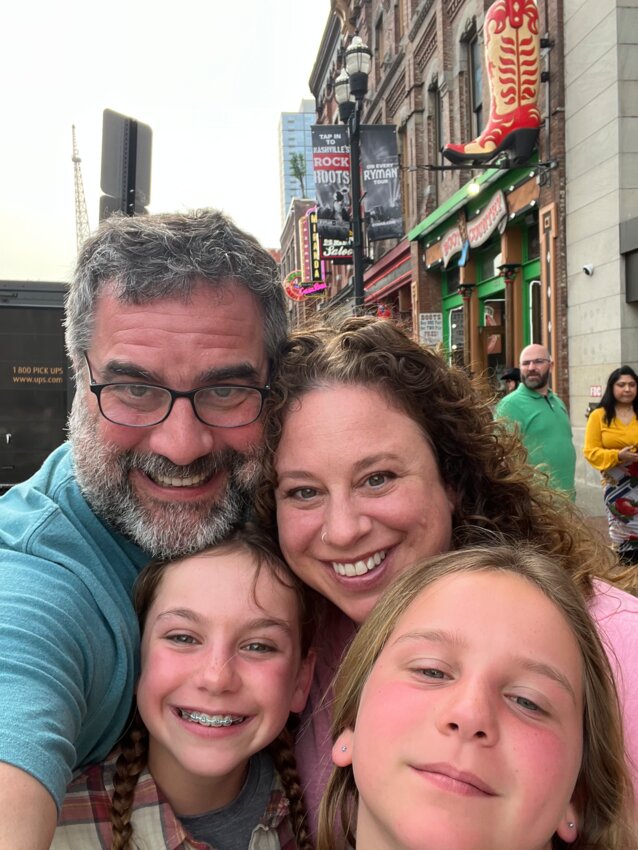
Bryan Moffett
Chief Operating Officer, National Public Media, and SVP Network Growth, National Public Radio
First job in news:
Assistant Editor for the Reserve Officer Association
What are some of the most important lessons you have learned while working in news?
The importance of people has been my biggest lesson. Every industry ends up being a small world as you move through it, so building relationships, mentoring, being mentored and always looking for ways to solve common problems is paramount. Also, to a huge extent, everyone has good intentions, even when there’s disagreement. Sleeping on it is a great skill to learn, although it is sometimes hard to do in practice.
When you reflect on your career to date, what brings you the greatest sense of accomplishment?
At NPR, I feel proud to have played a part in building a meaningful revenue model for public media around digital platforms. Although there’s a lot of work left to be done, we’ve established the value of digital sponsorship for public media. And, we are working on new ways for people to support public media around digital content. Public media is evolving, and being in the mix of that is exciting.
What are your predictions for where news publishing/news media is headed?
I’m optimistic despite the headwinds. I believe there’s still a strong need and demand for journalism and storytelling and that digital platforms create new canvasses for both. Despite all the valid worries about AI and media business models, I’m confident many publishers — particularly those in public media — will find relevancy on these platforms, continue to deliver on our mission and make an impact in peoples' lives.

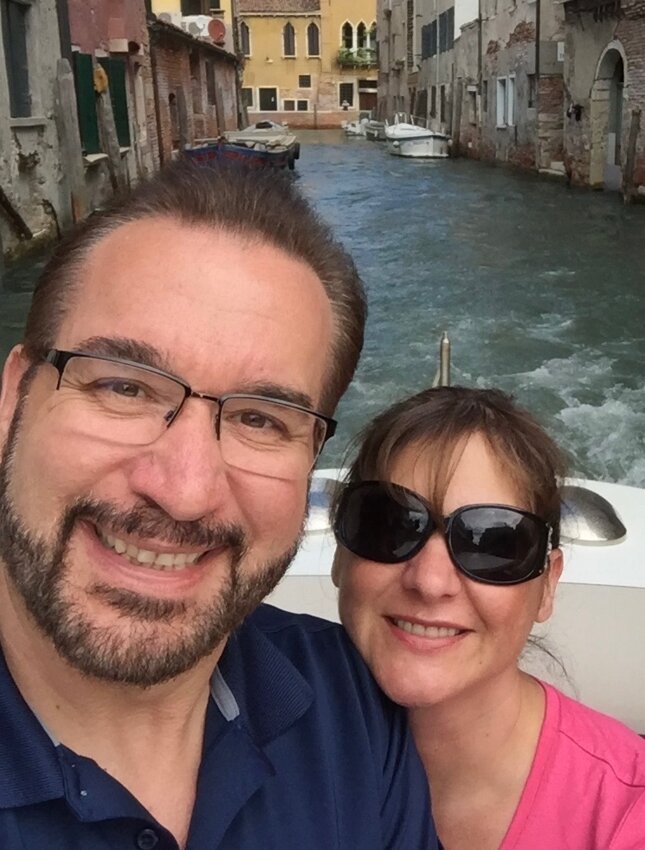
Anthony V. Nanna
President, Norkol, Inc., Charlotte, North Carolina
First job in news:
Back in the day, I worked on nuclear submarines as a government contractor. When the government began to reduce military funding and close bases, I was worried about having a job. I met a gentleman in the paper industry who gave me an opportunity to join his company, buying and selling paper to newspapers and commercial printing plants across the USA. I fell in love with the printing and packaging industry.
What are some of the most important lessons you have learned while working in news?
Sell yourself, and be truthful.
When you reflect on your career to date, what brings you the greatest sense of accomplishment?
My greatest accomplishment is the relationships I have built with customers and vendors over 35+ years in our industry. Our industry is truly about relationships.
What are your predictions for where news publishing/news media is heading?
This is a tough one. Before Covid, I would say that print and digital media were at par, and they needed each other. However, after Covid, many newspapers and print media moved to other forms of communication with their audience. That being said — print isn’t dead. I believe the small daily and weekly newspapers are doing the right thing by putting ink to paper and discussing what is happening in their local community. We hope the commercial segment will start returning, but all the postal increases impact our industry. We also need to do a better job of communicating how environmentally friendly our industry is.

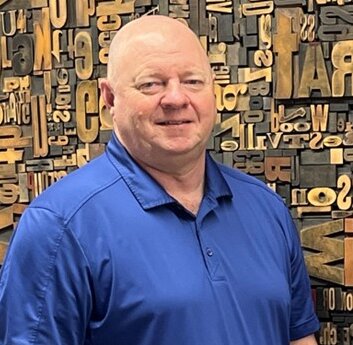
Troy Niday
Chief Operations Officer, Sonoma Media Investments / The Press Democrat, Santa Rosa, California
First job in news:
Circulation District Manager at The Omaha World-Herald
What are some of the most important lessons you have learned while working in news?
When you reflect on your career to date, what brings you the greatest sense of accomplishment?
The numerous relationships I have established throughout the organizations where I have worked and throughout the industry are my greatest accomplishments — along with positively impacting the careers and lives of individuals I have had the pleasure of managing.
What are your predictions for where news publishing/news media is heading?

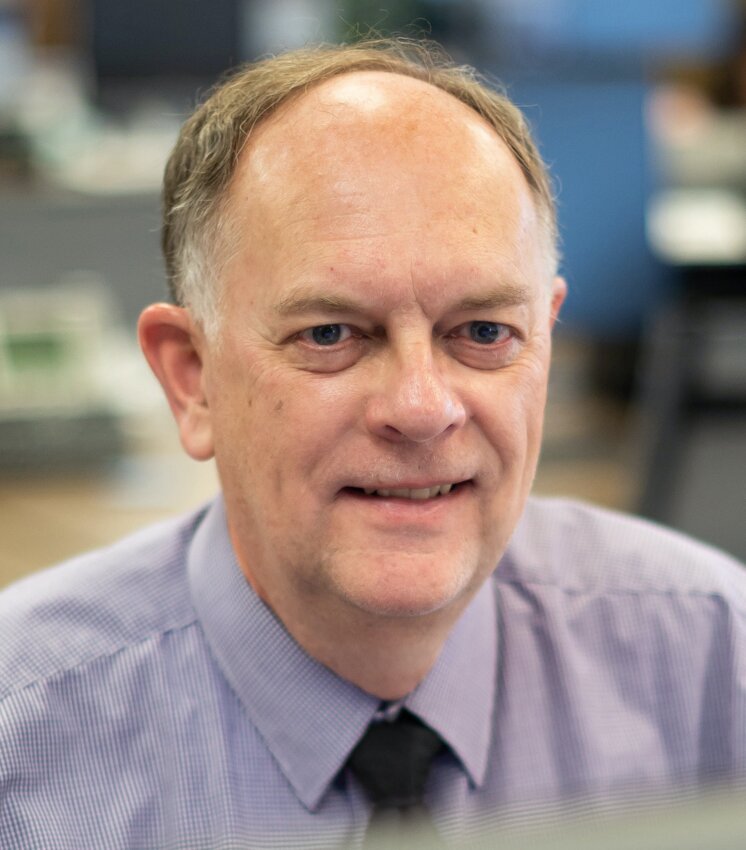
David Schneider
Church News Managing Editor, Deseret News Publishing Company, Salt Lake City, Utah
First job in news:
City and County Government Reporter, Deseret News
What are some of the most important lessons you have learned while working in news?
We can’t take our consumers for granted.
When you reflect on your career to date, what brings you the greatest sense of accomplishment?
What are your predictions for where news publishing/news media is heading?
I hope we can find ways to break through echo chambers, provide unifying information, harness artificial intelligence for good and continue to perform watchdog roles. I am hopeful, but I also worry.
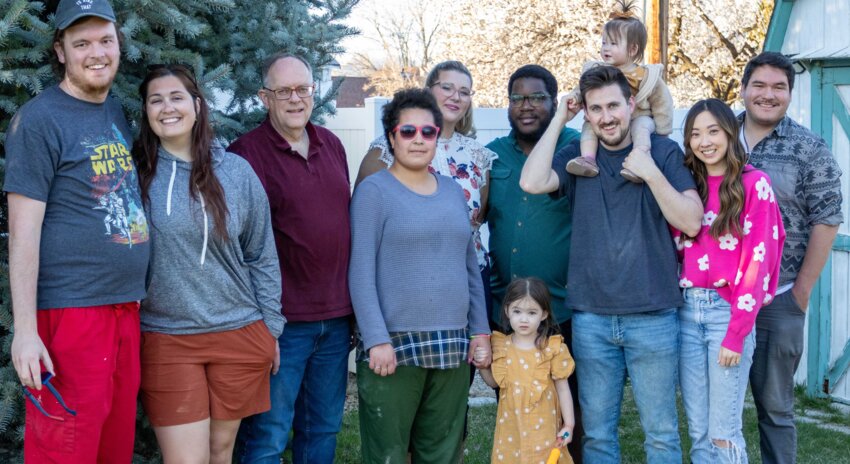

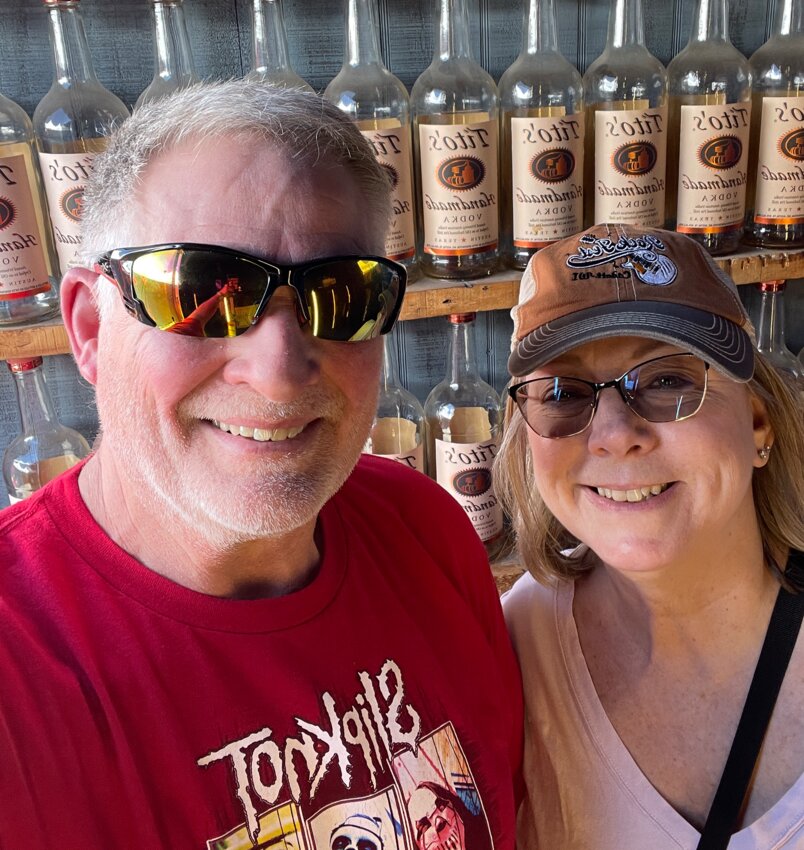
Karen Schneider
Publisher/Owner of the Oshkosh Herald, Oshkosh, Wisconsin and Neenah News, Neenah, Wisconsin
First job in news:
My career in newspapers began in 1986 in finance at The Arizona Republic/Phoenix Gazette. I wasn’t connected with the news/journalism side of newspapers until my third stint with Gannett. Gannett was transitioning lead roles from GM/Editor to GM/Ad Director. In 2013, I was the ad director for two markets and assumed the general manager role in one market a few weeks after I began in the ad director role and the other six months or so later when my predecessor retired. It was a short stint but long enough to understand the value of the news we provided and the angst in the community as the local news hole decreased.
I left newspapers for several years and started an insurance agency. Once I sold that business, I moved back to my hometown of Oshkosh, Wisconsin, in 2012 and worked for Gannett a third time in the Oshkosh/Fond du Lac markets until we separated in October 2015. With the support of my husband, Jeff, I launched the Oshkosh Herald in January 2018.
What are some of the most important lessons you have learned while working in news?
My view may differ from those who have spent their career in journalism.
Print it, and they will come — readers and advertisers.
Listen to what your community is saying — good, bad and ugly. It will inform you about what information they hunger for.
Uber-local news matters. Share the news on the city council and school board, but tell the stories of community members extraordinary in their own way. And yes, high school sports are important.
Watch the adjectives. One little word can change the tone of an article, and our job is to inform, not sway.
When you reflect on your career to date, what brings you the greatest sense of accomplishment?
Dan Roherty answered the phone! Dan has been our editor of the Oshkosh Herald since our inception and now serves as editor of both of our weeklies. I was blessed to find a group of like-minded individuals with the shared purpose of creating a more informed community. Together, Dan, I and our small team went very quickly from hearing, “Are you crazy?” to “I look forward to your paper every week.”
What are your predictions for where news publishing/news media is heading?
This is a tough question. I think mainstream media will have a further divide in consumer trust with the increase of AI and the continued transition of legacy newspaper companies into digital media companies.
I believe we will see more individuals, families, small chains, etc., create or carry on the legacy of newspapers and continue to provide quality journalism for the people.

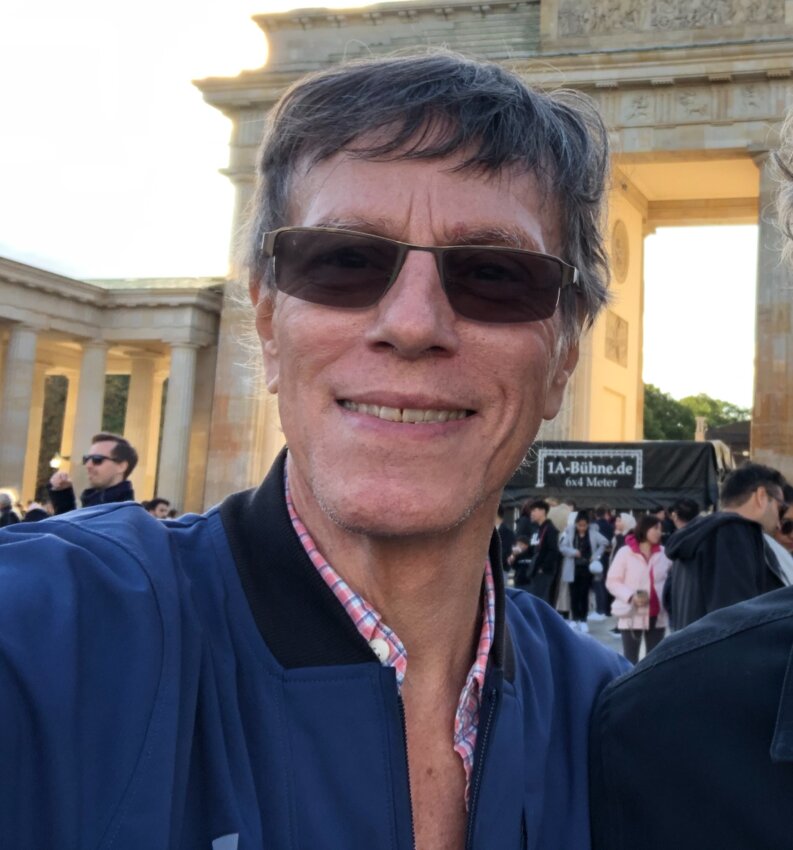
Richard Schneider Jr.
Editor-in-Chief, The Gay & Lesbian Review (The G&LR), Boston
First job in news:
I edited my high school’s literary magazine during my senior year in New Jersey. However, I had a career as a college prof and research director before launching The G&LR in 1994. It grew from a periodical called The Harvard Gay & Lesbian Newsletter, which I edited from 1987 to 1995.
What are some of the most important lessons you have learned while working in news?
I don’t see The G&LR as a news outlet as much as a magazine of thought pieces and reviews in the tradition of The New Yorker or The Atlantic. I think the lesson of the last 25 years is that people will continue to read magazines in hard copy, contrary to many predictions, insofar as they provide a kind of aesthetic satisfaction or just plain physical comfort that computer monitors do not. Now more than ever, a magazine must be a beautiful object — emphasis on “object” — a thing that can be held and feels complete in itself versus the amorphous sprawl of the internet. Each issue must be a gem in its own right — or such is my goal.
When you reflect on your career to date, what brings you the greatest sense of accomplishment?
Keeping The G&LR going for 30 years is the first answer that springs to mind. But I think our most important legacy is that The G&LR has documented LGBT history and culture in thousands of articles. Our 30-year archive constitutes a fairly comprehensive record of “our people” from ancient times to the present.
What are your predictions for where news publishing/news media is heading?
The persistence of hard copy will probably not last forever. I suspect we’re looking at a digital future. Everything will be increasingly interactive, with links everywhere, allowing for a semi-random walk from source to source. Will anyone actually finish reading a particular article? The “anchoring” role of a magazine qua physical object will be a distant memory. On top of that, AI will undoubtedly play a growing role, but who knows where that will take us?

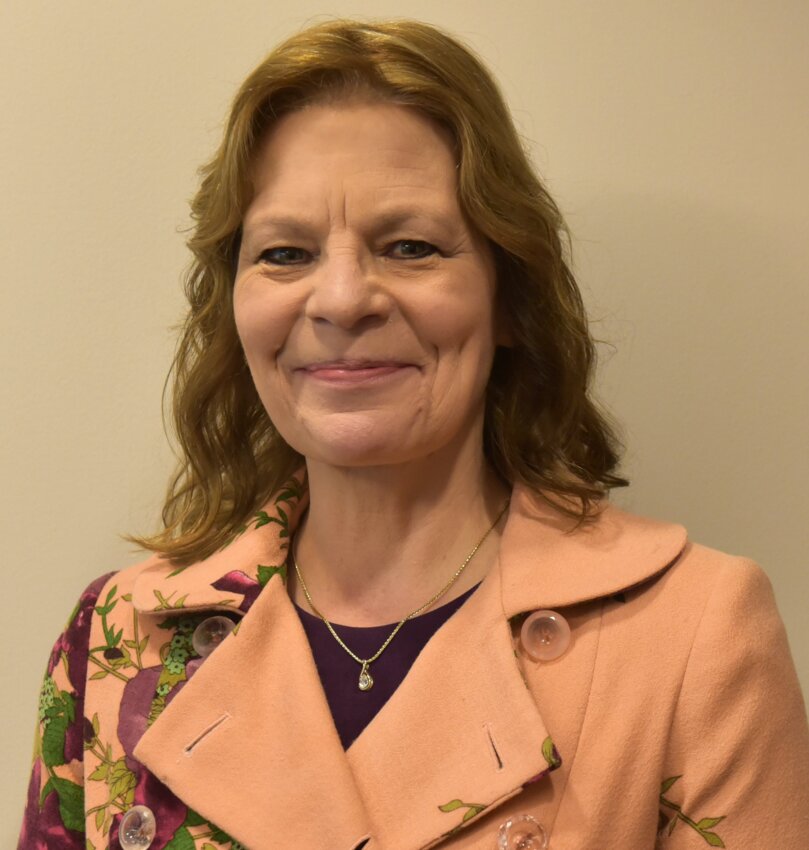
Tammy Schuey
General Manager, Butler Eagle, Butler, Pennsylvania
First job in news:
I was hired by the Butler Eagle to train their Composition room on the new Macintosh computer technology.
What are some of the most important lessons you have learned while working in news?
The most important lesson I have learned is how vital our industry is to our communities.
When you reflect on your career to date, what brings you the greatest sense of accomplishment?
As I look back on my career starting as an IT professional, I never imagined I would be leading a news organization. However, I take great pride in the fact that I always continued learning and adapting to meet the needs of our organization.
What are your predictions for where news publishing/news media is heading?
As news deserts have appeared and AI has emerged, more and more people are looking to local newspapers as the trusted source of information they appreciate, depend upon and want to support.

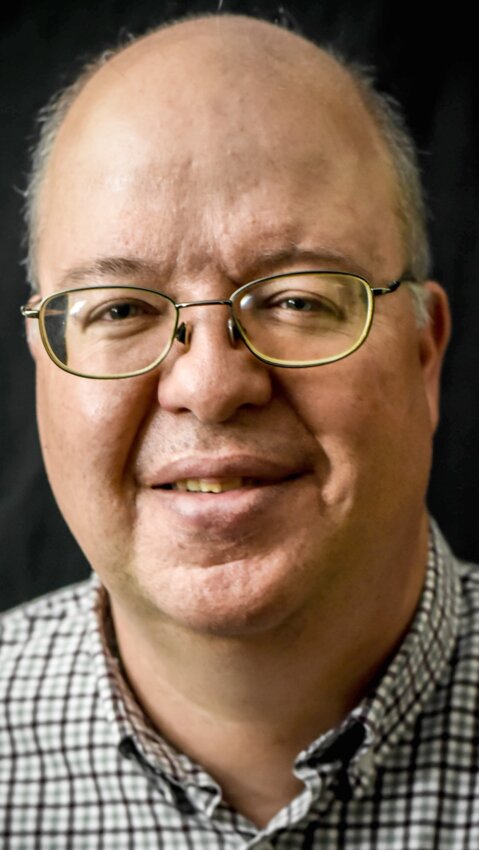
Danny P. Smith
Sports Editor, Starkville Daily News, Starkville, Mississippi
First job in news:
Part-time sportswriter at Starkville Daily News in 1986
What are some of the most important lessons you have learned while working in news?
Realize that you can’t please everyone, but it’s important to try and help someone feel good with something you write. It’s the most rewarding thing you can do. I’ve always considered it a ministry.
When you reflect on your career to date, what brings you the greatest sense of accomplishment?
It was rewarding to cover the 1996 NCAA Final Four and to finish first place for my writing in the Mississippi Press Association Better Newspaper Contest in 1989, 2000 and 2006.
What are your predictions for where news publishing/news media is heading?
There are definitely challenges with the internet becoming increasingly a part of our daily lives. However, as long as people enjoy having a physical copy of the newspaper daily, there will always be a place and a purpose for a published product.

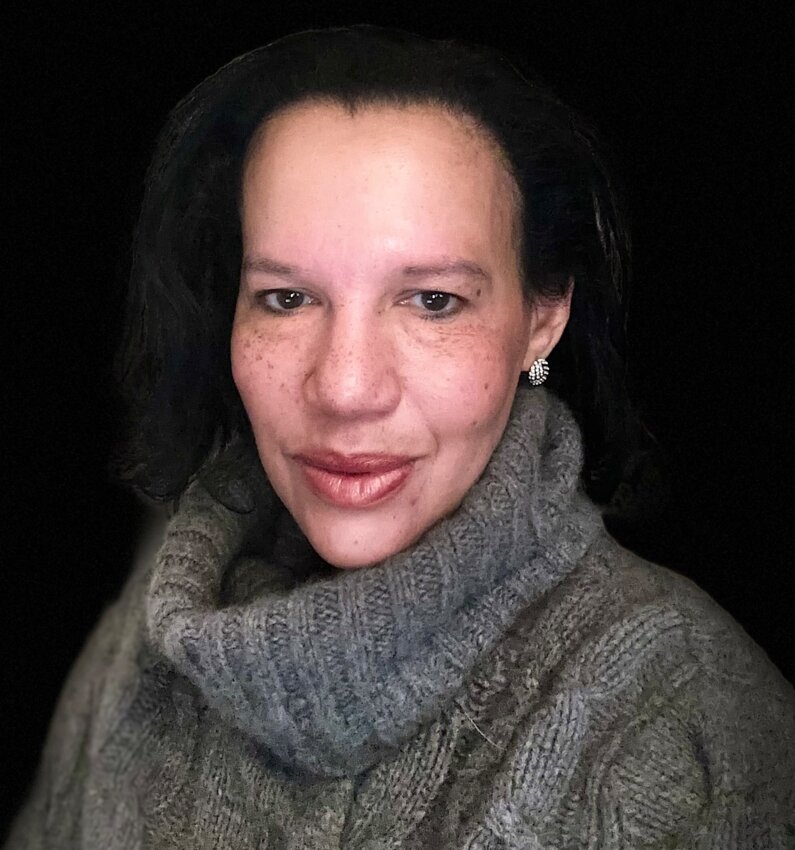
Elinor R. Tatum
Publisher and Editor-in-Chief, New York Amsterdam News, New York
First job in news:
Layout editor for The Hill News (St. Lawrence University) during my freshman year of college. My first professional job was as an assistant to the New York Amsterdam News publisher.
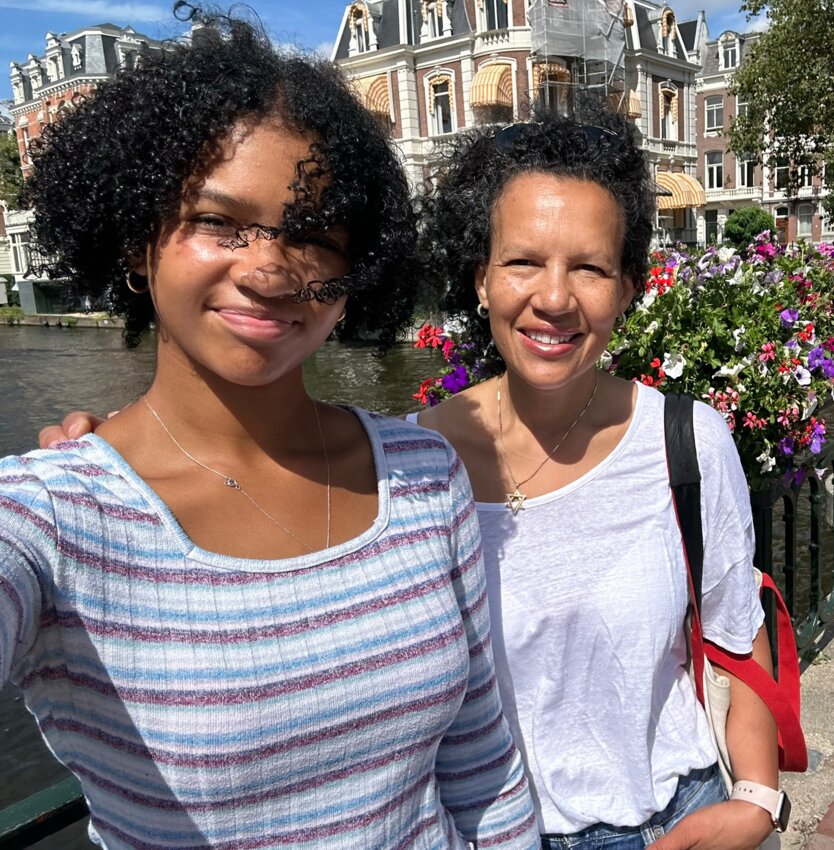
What are some of the most important lessons you have learned while working in news?
People lead stories. It doesn’t matter how good a story is if no one reads it.
When you reflect on your career to date, what brings you the greatest sense of accomplishment?
I am proud that during some of the toughest times in journalism’s history, I have been able to keep the Amsterdam News afloat and, in fact, grow in the face of adversity.
What are your predictions for where news publishing/news media is heading?
My predictions and my hopes are two different things. However, I hope they can converge into one vision where the media is once again strong, owned by independent entities who believe in true democracy and the need for a free press, unhindered by the need to create profit at any cost and make once grand newspapers into shells of what they once were.

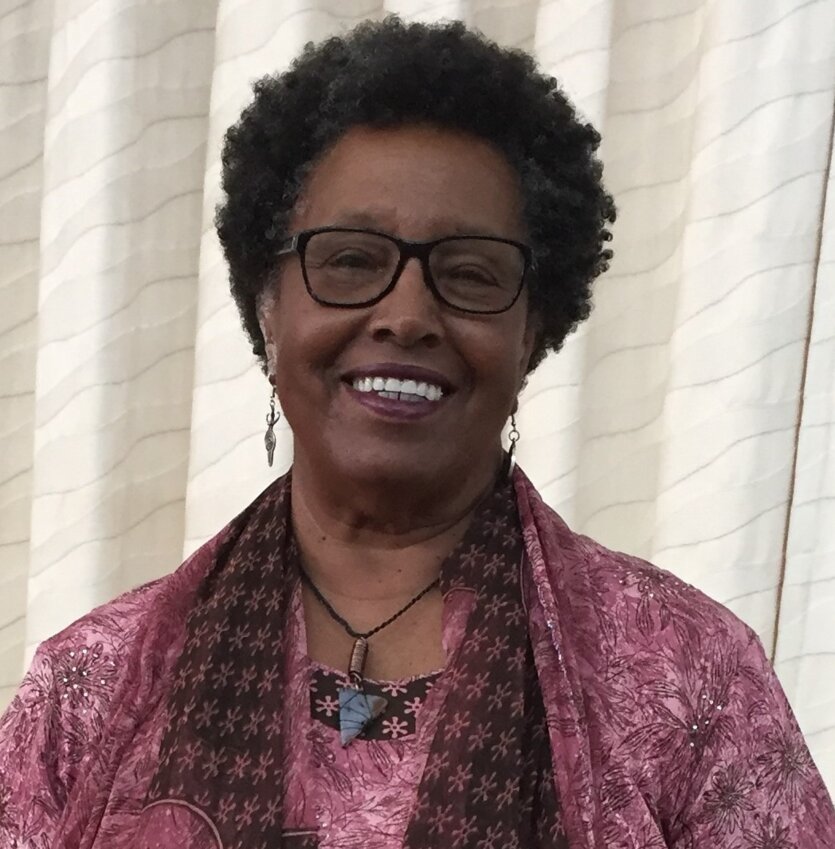
Stephanie Tiombe E. Williams
Executive Editor, Black Voice News, Riverside, California
First job in news:
My first job in journalism was after my formal retirement after 28 years in the telecommunications industry.
What are some of the most important lessons you have learned while working in news?
As a reporter, I learned not to put myself in the story. It is essential to be objective — even in those moments when there is a thin line between the personal you and the professional you. Another important lesson I’ve learned is that although this may just be another story for you (as a reporter), for your source, it may be an article they want to include as part of their legacy.
When you reflect on your career to date, what brings you the greatest sense of accomplishment?
My biggest accomplishment is that I stepped into reporting as a second career with only my passion for writing. I quickly learned reporting for a news publication is quite different from the creative writing I’d done for years, so it was a huge shift in style and intent. Fortunately for me, I had, at times, a patient publisher who taught me what I needed to do to earn my stripes as a reporter. Today, having the opportunity to work for a Black publication has been a dream come true. I’ve been able to tell stories of importance about and to the Black community. I’ve also been able to merge my passion for politics with my opinions in a weekly column.
I’m proud of being with a legacy publication that stays true to its north star as a voice for Black people, and that has remained aligned with its mission despite the challenges faced by publications in general, small media outlets in particular and legacy Black publications especially. This publication helps create, visualize and foster solutions-oriented, data-driven work in today’s continuously shifting media landscape.
What are your predictions for where news publishing/news media is heading?
I would be kidding if I didn’t say I was worried about the future of news. In reality, it is not so much the news. Today, the news never stops. It’s the quality. It is my belief, however, that technology will overwhelm the industry as we know it. I’m sure it will exist in some other form, but with so much at our fingertips via AI — from holograms to meta smart glasses — delivery options will be unlimited. To stay relevant, publishers must continue to add value. The biggest value publishers and media outlets may have are credibility and community. Disinformation will continue to be an issue, but will credibility remain a top priority for readers, or will they just use AI to decide what's true? While community connections will remain important for local newspapers, they must constantly reinvent themselves to stay relevant in a rapid, technologically changing environment.

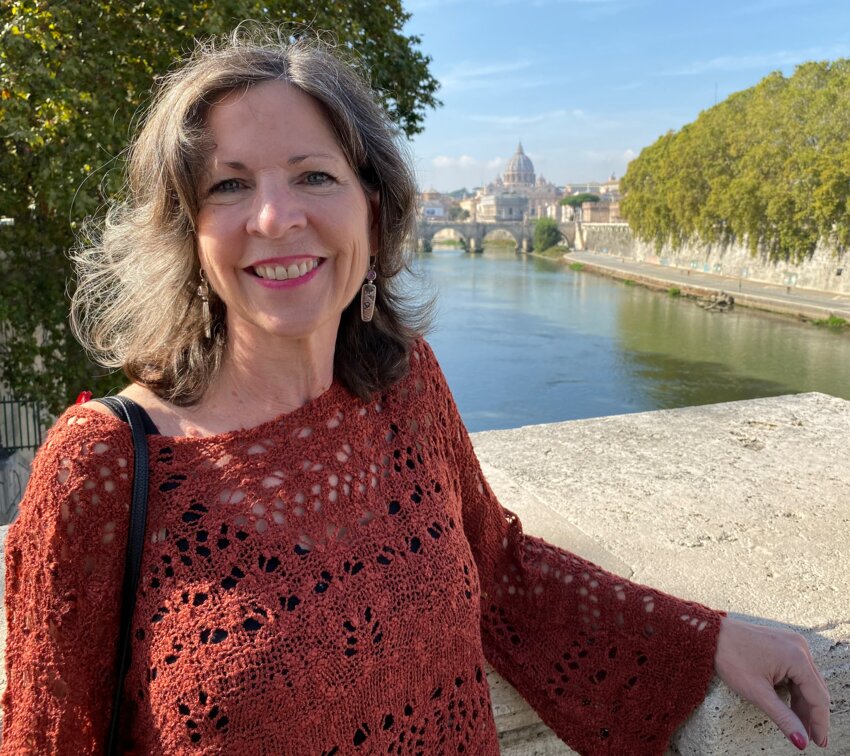
Fran Wills
Chief Executive Officer, Local Media Consortium, a virtual organization
First job in news:
I was a typesetter at The Perry Enterprise newspaper in Perry, Missouri. My first job was working for my dad’s newspaper in high school, but my first professional media job was vice president of marketing at The Denver Newspaper Agency.
What are some of the most important lessons you have learned while working in news?
The business supporting journalism must constantly evolve if journalism is to thrive. It’s imperative that we:
When you reflect on your career to date, what brings you the greatest sense of accomplishment?
My greatest accomplishment was assembling a small, scrappy team at The Denver Newspaper Agency to create a digital division in the early 2000s and watching it grow into a multi-million-dollar business.
What are your predictions for where news publishing/news media is heading?
Disruption will continue at a rapid pace, but content is still king. Publishers that continue to produce credible journalism while diversifying revenue streams and expanding distribution channels will prevail.

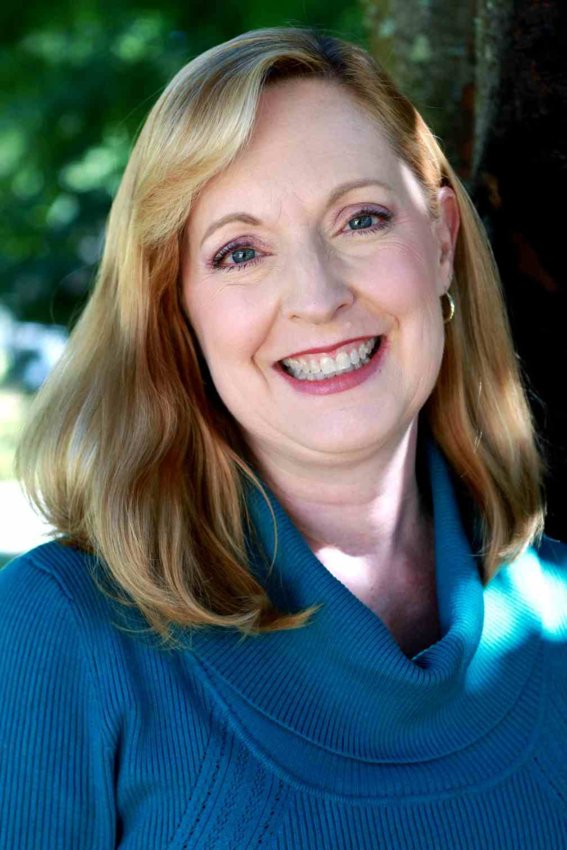 Robin Blinder is E&P's associate publisher and vice president of content. She has been with E&P for three years. She can be reached at robin@editorandpublisher.com.
Robin Blinder is E&P's associate publisher and vice president of content. She has been with E&P for three years. She can be reached at robin@editorandpublisher.com.
Comments
No comments on this item Please log in to comment by clicking here